Netaji Subhas Chandra Bose is a mysterious controversial character in Indian politics-a twentieth century revolutionary whose parallel is Lenin in Soviet Russia, Mao Ze Dong in China, Ho Chi Minh in Vietnam, Fidel Castro and Che Guevara in Cuba; but his philosophy was deeply rooted in the Vedanta Philosophy of India and not in communism as expounded by Karl Marx in his Das Kapital (1885-1894) or as advocated by his followers Lenin (1870-1924) and Trotsky (1879-1940). The Life and Times of Netaji Subhas, is a quite appropriate tribute to that great warrior whose only concern from his childhood was: ‘how to liberate India from the shackles of British Imperialism’. For his ‘single-minded devotion’ and faith in the efficacy of the ideal he cherished, he may be called Arjuna in India’s battle of Kurukshetra. The present work consists of five chapters like five acts of a play based on a close look at Subhas’s autobiography An Indian Pilgrim (1897-1920). The chapter One elaborates the central philosophy of Vedanta, as interpreted by Vivekananda-the spiritual Guru of Subhas; the Chapter Two is an interpretation of Subhas; the Chapter Two is an interpretation of Subhas’s family background and early schooling; the Chapter Three delves into what happened to him when he confronted Calcutta; the chapter Four tells about his various experiences in England culminating in his resignation from the Indian Civil Service; and finally the Chapter Five is about Subhas’s and finally the Chapter Five is about Subas’s philosophy of life that he constructed by exploring both Indian and Western though. According to him, "Reality.. is spirit, essence of which is love, gradually unfolding itself in an eternal play of conflicting forces and their solutions" (An Indian Pilgrim, p. 144).
Life and Times of Netaji Subhas: From Cuttack to Cambridge (1897-1921)
$19.80
$22.00
In stock
Free & Quick Delivery Worldwide
All orders amounting to US$ 50 or more qualify for Free Delivery Worldwide. For orders less than US$ 50, we offer Standard Delivery at $14 per book.
ABOUT THE AUTHOR Adwaita P. Ganguly
Born in West Bengal, Dr. Adwaita P. Ganguly was educated at the University of Ranchi, Bihar, India; and at Birkbeck College (University of London). He received his Ph.D. from the University of London for his research on E.M. Forester’s A Passage to India (1924)- a detailed study of his treatment of India’s landscape, history, social anthropology, religion, philosophy, music and art’. The thesis was published by Mtilal Banarsidass (Delhi), in 1990, under the title India: Mystic, Complex and Real. His recent works include Vedanta Philosophy for the Unity of Mankind (Vikas, New Delhi, 1995); and Yuga Avatar Sri Sri Ma Anandamayee and Universal Religion (Vedantic Research Publications, Dehra Dun, 1996). Dr. Ganguly’s quite significant lectures at public meetings and International Seminars include: ‘Vedanta and the West’, at the Festival of Indian Culture, organized by the Swaminarayan movement in London in 1984; ‘E.M. Forester’s Vision of India’ at the Bharatiya Vidya Bhavan, London, in 1990; ‘From the Rgveda to Sri Aurobindo-the continuity of Indian Thought’ at the First Centenary Celebration of the Parliament of the World’s Religions, held at Chicago, in September, 1993; ‘Vedantic Philosophy for a new Global Order’ at the Theosophical Society in London in April 1995; ‘Explosion of the Myth of the Aryan Invasion of India’ at the London Branch of the Bharat Sevashram Sangha in July 1995; ‘Sri Sri Ma Anandamayee and Universal Religion’ at the Centenary Celebration of Sri Ma, held at Ranchi Durgabari, Ranchi, in November 1995; ‘Hindu Dharma in the Future World of East and West’ at the Convocation of Wisdom Schools for the 21st Century organized by the Sancta Seminary. Oklahoma, USA, at the Theosophical Society in London, in May 1997. Dr. Ganguly is a delegate to the Parliament of the World’s Religions session at Cape Town (RSA) in December 1999.
reviews
0 in total
Review by Anonymous
Be the first to review “Life and Times of Netaji Subhas: From Cuttack to Cambridge (1897-1921)” Cancel reply
You must be logged in to post a review.
Bibliographic information
Title
Life and Times of Netaji Subhas: From Cuttack to Cambridge (1897-1921)
Author
Edition
2nd ed.
Publisher
ISBN
8187530022
Length
xxvii+270p., Notes; Appendices; Index; 24cm.
Subjects

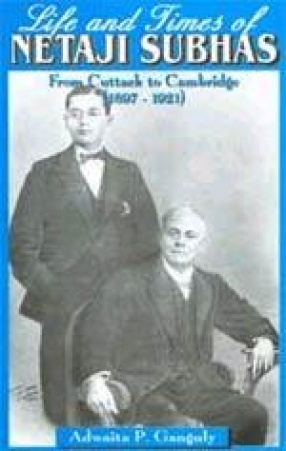
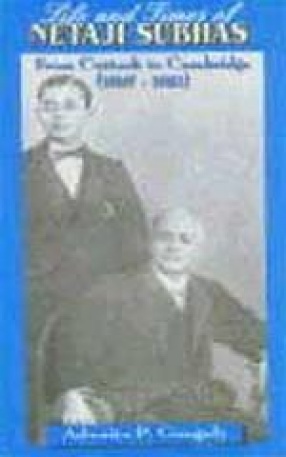
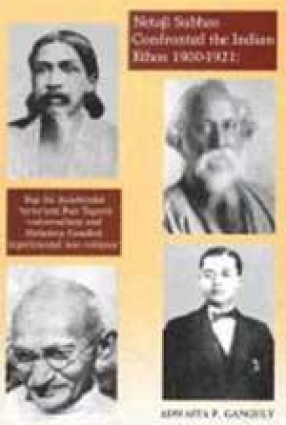
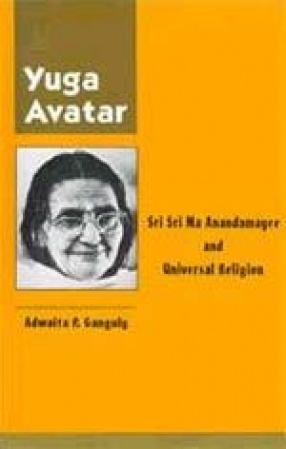
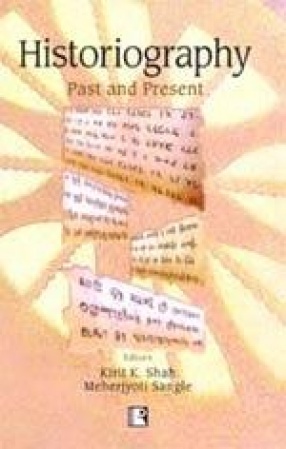
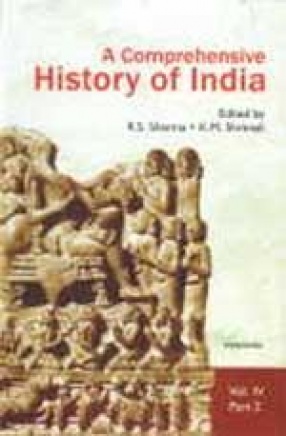
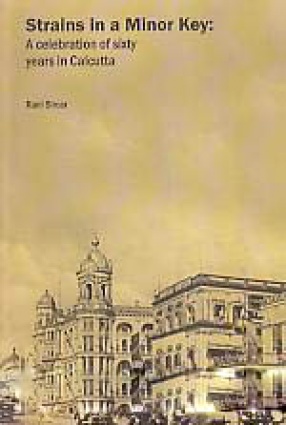
There are no reviews yet.